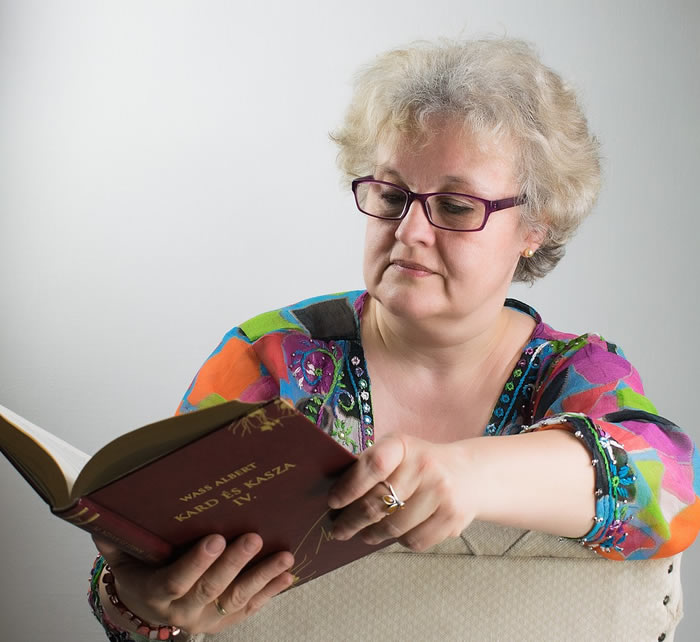Childrens Eyecare
Vision plays an important part in your child's development, so it's important to keep on top of their eye health. However, it can be difficult to work out whether they are having problems with their eyes. Visit our dedicated section about children's eye care to learn about some of the symptoms to look out for.


Teenager's Eyecare
Many children will start needing prescription eyewear in their teens, as this is a prime time for the development of near-sightedness or myopia. It’s important to encourage teenagers to get into the habit of regular eye examinations. Uncorrected vision problems can affect all aspects of their lives: their studies at school or university, their job, even their social life or ability to play sports.
And, if they need help with their vision, there are all sorts of solutions – from regular glasses to prescription sunglasses, contact lenses and even prescription goggles.
Pregnancy
Your body goes through many changes during pregnancy, and your eyes can be affected, too. Fluctuations in hormone levels can lead to dry eyes, blurred or distorted vision, or spots and floaters. Don’t worry if you experience any of these problems; the chances are they developed naturally and will disappear in the same way after childbirth. But it’s always important to visit your optician or GP if you do have any problems, just in case these symptoms are something other than hormonal changes.
Varifocal lenses are generally more necessary for people after the age of 40. This is because, as you age, you become more long-sighted, caused by the loss of elasticity of the lens of the eye. This is known as presbyopia. Both bifocals & varifocal lenses are a great solution if you have more than one vision type.


Family History
As a parent, we believe it’s important that you have regular sight tests. Some eye problems run in our family genes, so identifying any problems you may have will also benefit your children.
Over 40's
Changes to your vision are a natural part of the ageing process and commonly occur around your 40s, so it’s important to have your eyes tested regularly once you reach this age, and with an early diagnosis, most age-related conditions can be managed effectively.
